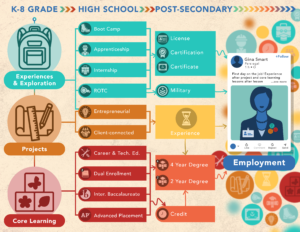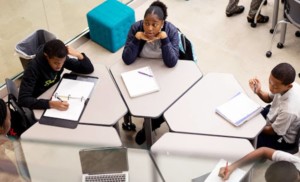i3 grant opportunities for SES providers
The Invest in Innovation (i3) grant program offers an opportunity for supplemental educational service (SES) providers to support the grant application of a partner school district. The $650 million grant program has three categories; the smallest category–Development Grants–will have awards of up to $5 million that only require a research base and strong hypothesis. All i3 grants are intended to demonstrate an “exceptional approach not widely adopted.”
All i3 applications must target at least one of four categories: teacher effectiveness, data, college readiness, and turning around low performing schools. Successful grants will demonstrate an experienced applicant, significant projected effects, a sound evaluation plan, strong management, sustainability, and scalability.
The draft language limits applicants to LEAs (districts) and nonprofits that have produced achievement gains and have met AYP for two years. This appears to require SES providers to partner with district as lead applicant.
There are at least four possible grant-seeking strategies that SES providers could pursue. The first three would most likely be submitted under the school improvement category.
1. Targeted intervention: as part of a district or consortium wide RTI approach, an SES provider could provide targeted intervention services.
+ easy to do; fits SES core capability
– not very unique
2. Extended learning: as part of a district or consortium approach, an SES provider could provide after school programming
+ easy to do; fits SES core capability
– not very unique
3. School Improvement: as part of a district proposal or proposal by a nonprofit school improvement providers, an SES provider could provide targeted student supports as part of a comprehensive school improvement plan.
+ unique and necessary capacity
– hard to do, requires partners, potentially outside core competency
4. Data platform and related professional services (submitted as a data or teacher effectiveness grant)
+ potentially unique services
– only a few SES providers have unique data capabilities
There are a couple bonus categories that could add points to your proposal; special needs and rural kids being the most applicable to SES.
The good news is that Development Grants only require a project summary initially (probably April). A couple hundred finalists will be allowed to submit full proposals.
The comment period ended yesterday—more when final language is released.






Diane Wilcock
I am looking for the actual application for the i3 grant. Quite a bit of information on the i3 grant rules is available, but the actual grant application is not. Please advise on obtaining the i3 application.
Thank You!